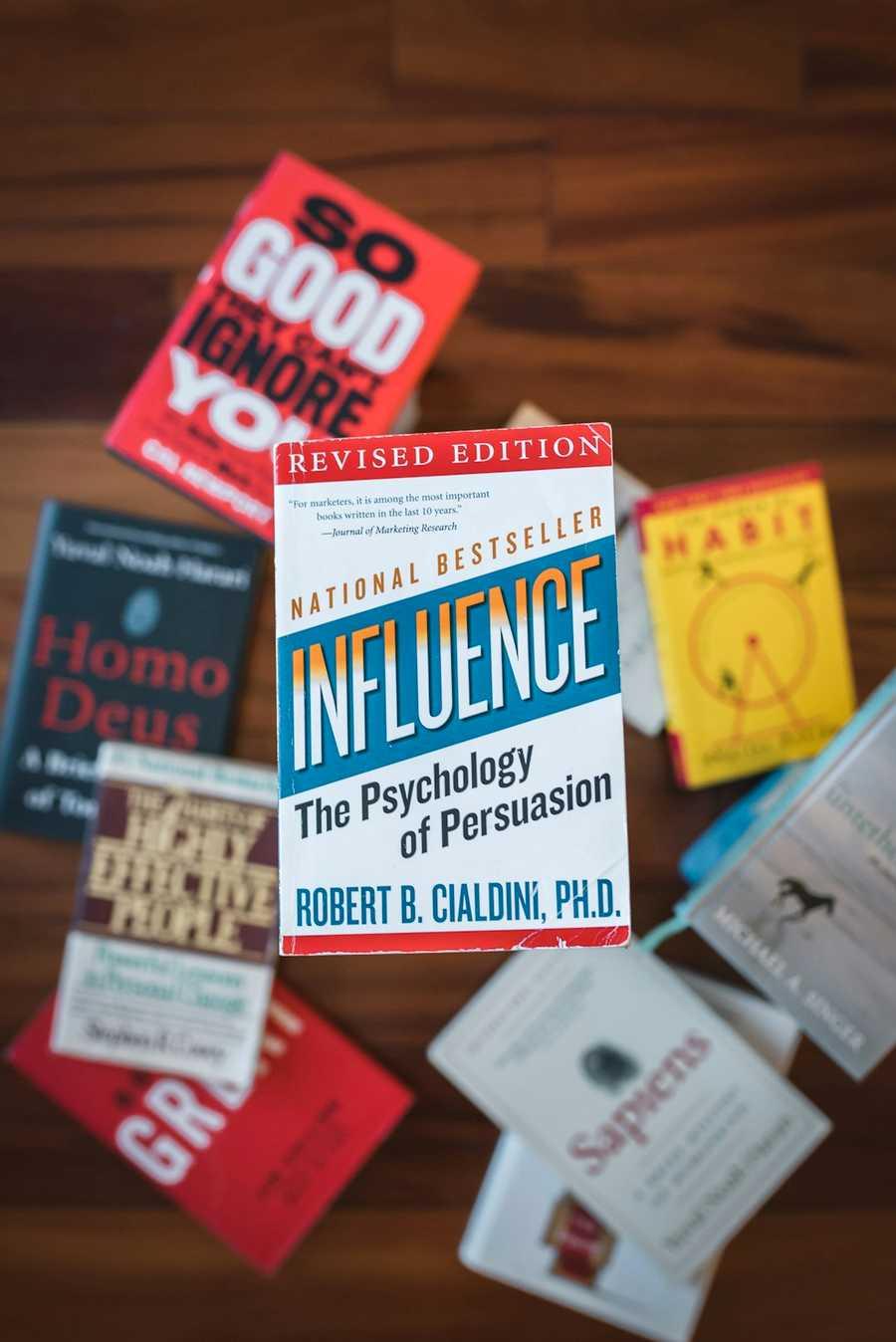MC Jarratt's Key Ideas from Influence (rev)
by Robert B. Cialdini
Ideas, facts & insights covering these topics:
7 ideas
·381 reads
3
Explore the World's Best Ideas
Join today and uncover 100+ curated journeys from 50+ topics. Unlock access to our mobile app with extensive features.
Weapons of Influence
The majority of compliance tactics fall in to six basic categories:
- Reciprocation
- Consistency
- Social Proof
- Liking
- Authority
- Scarcity
These "weapons of influence" are based on psychological principles we have been subjected to and learned to accept from an early point in our lives. They can produce an automatic and mindless compliance from us and thus, when exploited, have great power.
24
120 reads
Weapon One: Reciprocity
"We should try to repay what another person has provided for us."
- The Rule Is Overpowering: there is no relationship between the liking of the requestor and the decision to comply with the request.
- The Rule Enforces Uninvited Debts: it is not required to have asked for what is received in order to feel obligated to repay.
- The Rule Can Trigger Unfair Exchanges: the combination of internal discomfort (a feeling of obligation) and the possibility of external shame (being called a "moocher") may result in being willing to agree to an unequal exchange.
23
54 reads
Weapon Two: Consistency
"Once we have made a choice or taken a stand, we will encounter personal and interpersonal pressures to behave consistently with that commitment."
A commitment is most powerful when it is:
- Active: actions (writing it down) speak louder than words (saying it aloud).
- Public: due to a drive to look like a consistent person, viewed as a positive personality trait.
- Effortful: the more effort goes in to it, the greater its ability to influence.
- Made in the absence of outside pressures: such as threats or rewards.
23
43 reads
Weapon Three: Social Proof
"We view a behaviour as more correct to the degree that we see others performing it."
Social proof is most powerful under the conditions of:
- Uncertainty: when we are unsure of ourselves, or when the situation is unclear or ambiguous, e.g. the bystander effect.
- Similarity: when we are observing the behaviour of people just like us.
23
42 reads
Weapon Four: Liking
"We most prefer to say yes to the requests of someone we know and like."
The factors that reliably cause liking are:
- Physical Attractiveness: we automatically assign favourable traits such as talent, kindness, honesty and intelligence to good-looking individuals.
- Compliments: even if it is known the flatterer stands to gain something.
- Contact: or, familiarity.
- Cooperation: working towards a common goal.
- Association: the opposite of the tendency to dislike someone who brings us bad news. The positive connection does not have to be logical.
25
43 reads
Weapon Five: Authority
"We are willing to go to almost any length on the command of authority."
In the absence of genuine authority, the appearance of authority is enough:
- Titles: usually take years of work to earn, but can be easily adopted without proof.
- Clothing: such as tailored suit or a uniform.
- Trappings: such as luxury cars or jewellery.
20
38 reads
Weapon Six: Scarcity
"Opportunities seem more valuable to us when their availability is limited."
Scarcity is most powerful when combined with:
- Censorship: we hate to lose freedoms we already have, so we react against the interference by wanting the item more than before e.g. access to censored information.
- Recent Loss: we value things that have only recently become less available to us more e.g. revolutions after a period of economic growth, followed by a sharp reversal.
- Rivalry: we value something most when we are in competition for it e.g. another potential buyer for a property.
20
41 reads
IDEAS CURATED BY
MC Jarratt's ideas are part of this journey:
Learn more about personaldevelopment with this collection
How to create a productive environment
The importance of self-care in productivity
How to avoid distractions
Related collections
Discover Key Ideas from Books on Similar Topics
3 ideas
What Is The Highest IQ Humanly Possible?
blog.mindvalley.com
5 ideas
Watch The Andy Warhol Diaries
netflix.com
6 ideas
Can't Stop Playing Wordle? Science Might Be Able to Explain Why
discovermagazine.com
Read & Learn
20x Faster
without
deepstash
with
deepstash
with
deepstash
Personalized microlearning
—
100+ Learning Journeys
—
Access to 200,000+ ideas
—
Access to the mobile app
—
Unlimited idea saving
—
—
Unlimited history
—
—
Unlimited listening to ideas
—
—
Downloading & offline access
—
—
Supercharge your mind with one idea per day
Enter your email and spend 1 minute every day to learn something new.
I agree to receive email updates






